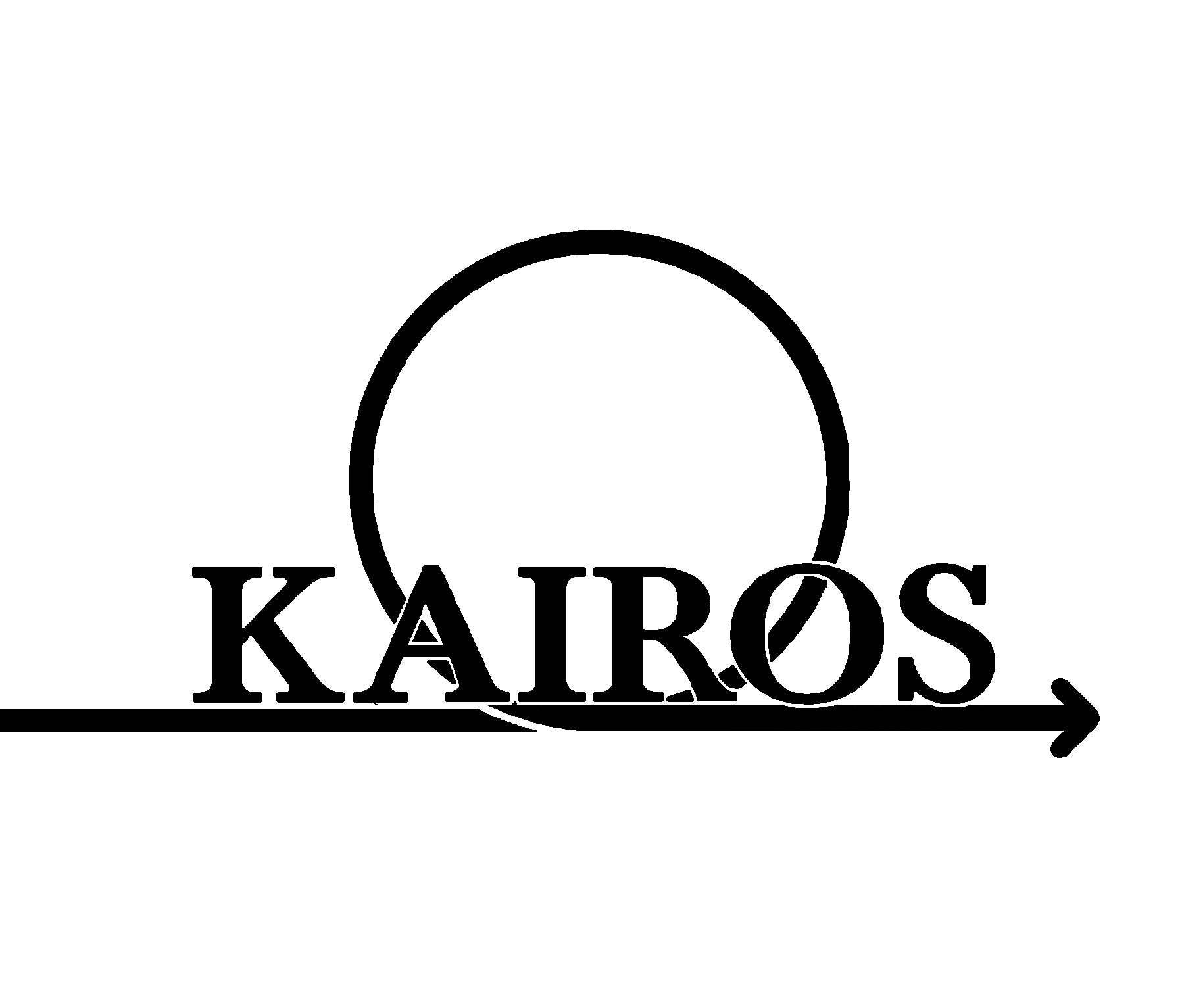Naturalism, Enactivism, Pragmatism
Our growing ability to describe and represent natural process has driven an undeniable progress of scientific knowledge, instantiated in a multitude of context-specific models of the dynamics of biological, cognitive, and social systems. However, philosophy (and especially the philosophy of science) struggle to capture the plurality and contextuality of scientific knowledge. Indeed, most philosophers seem mostly interested in selling their own variant of worldviews articulated by long dead people, rather than bridging the gap between scientific understanding of the world and their conceptual architectures. For example, the positivist view of reality as the set of true statements erases the gap between specific scientific languages - each equipped with their own possibilities, constraints, and colloquialisms - and the irreducible causal structure of natural processes. Worse: it denies prima facie the very existence of natural processes beyond the realm of linguistic legibility. Yet, philosophers fail to question this view as it conflicts with their self-assigned role of guiding science toward truth. Scientists themselves tend to be comfortable with philosophies which suggests that the contextual validity of their own language entails its metaphysical truth. The way this belief implicitly shapes both scientific and philosophical research therefore leads to a suicide of thought, where every academic community treats its own jargon as revealed truth while failing to verify even the internal coherence of such a claim.
In response to that state of affair, we propose an alternative approach doubling down on contemporary naturalistic philosophy (Quine, Whitehead, Lakoff) and scientific frameworks (quantum and statistical physics, systems modeling, cognitive neuroscience). This perspective escapes the blind conceptual dichotomies restraining modern philosophy (subject/object ; passive/active ; true/false) and gives back ontological consistency to the entities postulated by science. It does so by accounting to the construction of natural kinds through active engagement, as occurs for example when linguistic activity enables the social construction of cognitive types. This “participatory realism” leads to a picture of an open-ended, unfolding world where the pragmatic representations recruited by cognitive agents or physical observers constrain and construct the space of natural kinds - rather than simply supervene onto a preexisting set of possible entities and their underlying physical processes. Our objective in doing so is to produce an ontologically consistent naturalism, but also to account for the role that active engagement plays both in the evolution of the natural world and in the construction of our model of it. In consequence, the worldview we’re articulating is at its core naturalistic, but also pragmatist and enactivist.
We do acknowledge that these three schools of thought have not totally departed from their Modernist prejudices. Many of their variants fall into the trap of metaphysical speculation, or try to reduce/eliminate cognition to a supervenient description of unstructured neural processes. However, they collectively enable us to embed thoughts in the natural world as perceptions and practices, or more simply to consider our thoughts about the world as natural processes in and of themselves so as to ground their own existence in the universe. The question we need to solve before we can tout a fully coherent naturalistic world view are many. How can a naturalistic framework deal with the existence of “non-existent” or “almost-existent” categories, such as those we construct through language? What is the relation between the ontology we develop through our cognitive engagement with the world, and the biological and neural processes which underlie this engagement? On the other hand, what is the role of social constraints and cultural norms in either? What language can represent the constructive role of language itself? And if none can, can we be satisfied with a model of the world which is itself contingent and unfolding? Answering those questions, as well as other related ones, is the core of the philosophical research we undertake in Kairos.
Related Kairos articles
- On participatory realism
- Cognition in eco, cognition in vitro
- Naturalism in the social sciences : a short review
Our publications
- Guénin–Carlut, Avel, and Mahault Albarracin. 2023. “On Embedded Normativity - An Active Inference Account of Agency beyond Flesh.” OSF Preprints. https://doi.org/10.31219/osf.io/7x8cm.
- Accepted at the 4th International Workshop on Active Inference
- Guenin-Carlut, Avel, Ben White, and Lorena Sganzerla. 2023. “The Cognitive Archaeology of Sociocultural Lifeforms.” In ALIFE 2023: Ghost in the Machine: Proceedings of the 2023 Artificial Life Conference. MIT Press. https://doi.org/10.1162/isal_a_00670.
- Guénin–Carlut, Avel. 2022. “Physics of Creation - Symmetry Breaking, (En)Active Inference, and Unfolding Statespaces.” OSF Preprints. https://doi.org/10.31219/osf.io/68947.
- Guénin–Carlut, A. (2020). Cognition in eco, cognition in vitro - Measurement and explanation in cognitive science https://doi.org/10.17605/OSF.IO/ERCZ6
Our talks
- 2023, September 14 : “Unveiling the Ontological implications of Motivation and Directedness Towards Inostensible Referents”, Research conference, in the Intrinsically Motivated Open-ended Learning 2023 conference, by Alexis ROZANSKI
- 2023 August 22 : “On Embedded Normativity - “, Research conference, in the 3rd Applied Active Snference Symposium, by Avel GUÉNIN–CARLUT
- 2023, August 19 : “Solving the paradox of non-existence in ontology, a naturalist social ontology”, Research conference, in the Social Ontology 2023 conference, by Alexis ROZANSKI
- 2023 July 28 : “The Cognitive Archeology of Sociocultural Lifeforms”, Poster presentation, in the ALife 2023 conference, by Avel GUÉNIN–CARLUT
